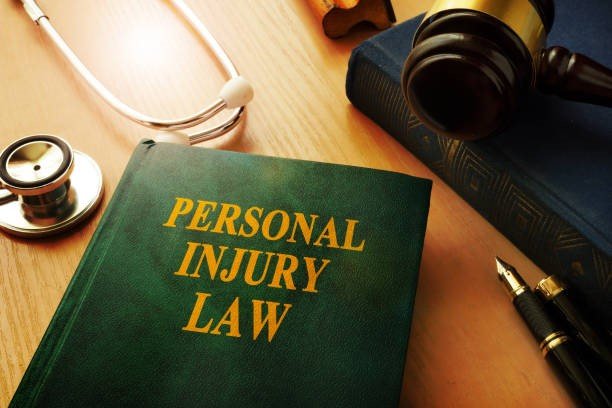Personal injury law addresses situations where someone gets hurt due to another person’s carelessness or misconduct. As a victim, these instances can be difficult and stressful to handle. In Chicago, a city known for its bustling streets, diverse communities, and busy industrial areas, accidents happen frequently, and personal injury law serves as an essential tool for those who have suffered harm.
If you’re dealing with a personal injury case in the city, consulting an injury law firm in Chicago can provide the guidance you need to navigate the legal process. Before that, understanding a few key terms related to personal injury law is vital to managing your case more effectively.
1. Personal Injury
This phrase describes any injury to a person’s body, mind, or emotions caused by another person’s carelessness or deliberate actions. It covers a broad spectrum of injuries, including mental discomfort and bodily injury.
2. Negligence
It refers to the failure to exercise the level of care that a reasonable person would in a similar situation, resulting in harm to others. The plaintiff who gets harmed must prove that the defendant owed them a duty of care, breached that duty, and caused the injury through negligence.
3. Liability
Liability is the legal responsibility of a person or organization for their actions or inactions that injure another person. Establishing culpability is required to determine who is responsible for compensating the harmed party.
4. Damages
Damages are the monetary awards made to a plaintiff in a personal injury case. They cover a variety of losses, such as pain and suffering, missed income, and medical costs. They are separated into two groups: economic damages, which are quantifiable losses, and non-economic damages, which are intangible losses.
5. Statute of Limitations
The statute of limitations establishes a timeframe for filing a personal injury claim. This period varies by jurisdiction and type of claim but generally starts from the date of the injury. If victims fail to file their lawsuit within this time frame, they may lose the right to pursue compensation.
6. Contingency Fee
Many personal injury attorneys only get paid if their client wins because they take cases on a contingency fee basis. Typically, the lawyer receives a percentage of the awarded damages. This arrangement makes legal representation more accessible to people who may not have the financial resources to pay upfront legal fees.
7. Comparative Negligence
In some personal injury cases, the injured party may share some responsibility for the accident that caused their injury. In states with comparative negligence laws, the court may lower damages proportionately to the plaintiff’s degree of responsibility for their injuries. Accordingly, a plaintiff may still receive some payment even if they bear some blame.
8. Subrogation
Subrogation is the capacity of an insurance company to sue the person responsible for an injury after paying the insured party. It allows insurers to recoup costs associated with claims they have already resolved.
Conclusion
You will be better able to handle your personal injury case and choose your legal options if you are familiar with these crucial terms. Even though information is power, remember that expert legal representation is necessary to uphold your rights. Therefore, consult a knowledgeable personal injury attorney for guidance through this difficult legal process and help you obtain fair compensation.

Daniel J. Morgan is the founder of Invidiata Magazine, a premier publication showcasing luxury living, arts, and culture. With a passion for excellence, Daniel has established the magazine as a beacon of sophistication and refinement, captivating discerning audiences worldwide.





